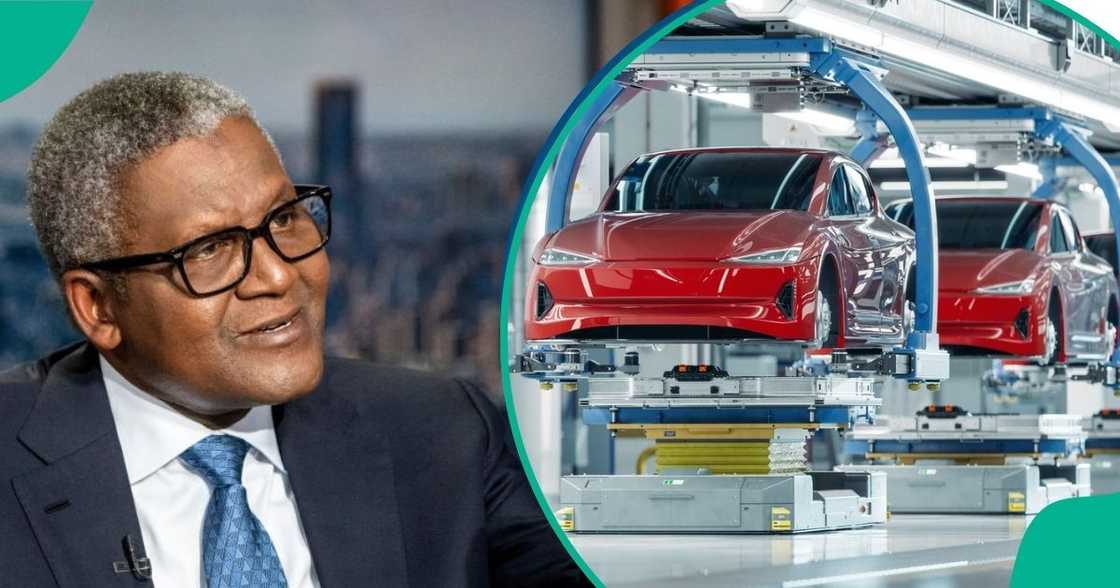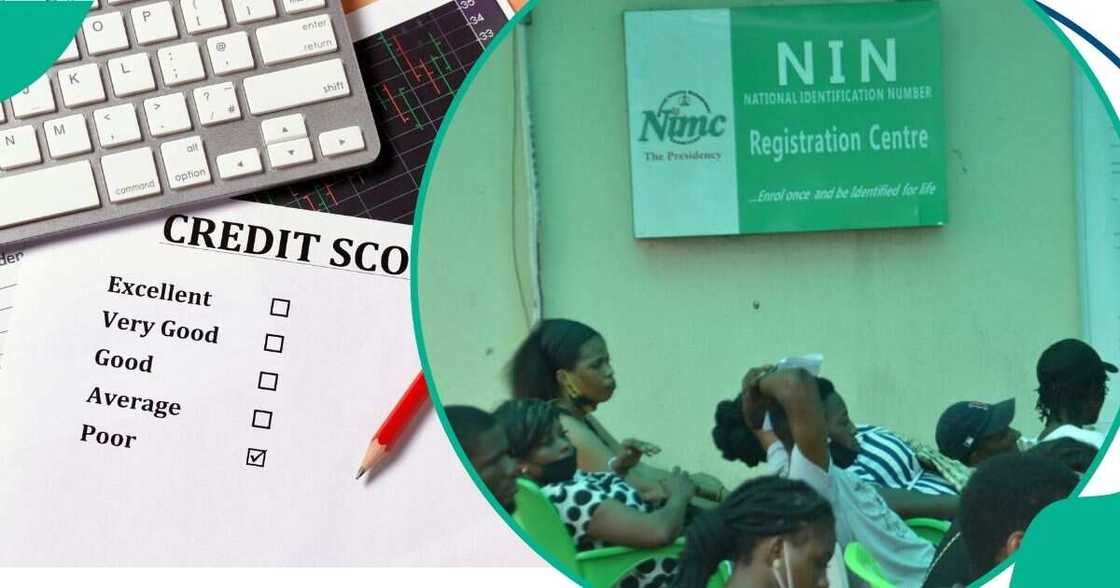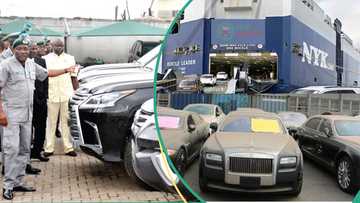Dangote Peugeot Plant Produces 44,000 Vehicle Annually with Tech-Driven Production
- The Dangote Peugeot Automobile Nigeria (DPMAN) has ramped up its production capacity to over 40,000 vehicles annually
- The company now employs cutting-edge technology to digitise its operations across multiple sectors
- DPAN now produces about 120 vehicles daily using advanced systems, while enhancing local manufacturing
Legit.ng’s Pascal Oparada has reported on tech, energy, stocks, investment and the economy for over a decade.
Dangote Peugeot Automobile Nigeria (DPAN) has increased its production capacity to 44,000 vehicles annually by integrating advanced technology into its assembly processes.
Using advanced technology and systems, the plant now produces about 120 vehicles daily, enhancing local manufacturing and reducing Nigeria’s dependence on imported cars.

Source: Getty Images
Dangote aims to reduce dependence on imported vehicles
One of the popular models, the Landtrek pickup series, is now produced locally, reducing Nigeria’s dependence on imported cars while offering quality, competitive pricing options.
Fatima Wali Abdurrahman, Senior Adviser to the President of the Dangote Group, disclosed during the 46th Kaduna International Trade Fair that the firm’s ongoing digitisation plans have changed its operations, especially in the cement industry.
According to her, by assembling globally recognised Peugeot models, the company is helping to boost trade, promote local manufacturing, and drive Nigeria’s journey to industrial self-sufficiency.
This year’s Kaduna Trade Fair allowed the Dangote conglomerate to showcase its extensive technology adoption across its industries.
Dangote Group digitises operations
She highlighted the company’s sustained digitisation efforts, saying that introducing smart and automated systems has changed operations in the group.
Abdulrahman said the company has digitized its manufacturing and sales processes, especially in cement plants.
The integration of advanced technology cuts across all the company’s sectors including the automobile sector, positioning it as leaders in every sector, she said.
She said the conglomerate's digital ordering platform, the DMS Application, has boosted customer experience.
The app, she said, is available on Android and iOS, and allows its registered customers in the cement, sugar, and salt segments to access its products.
The Nigerian government also commended the Dangote conglomerate for its contributions to national development.
Dafang Sale, acting permanent secretary, who represented President Bola Tinubu and the minister of Trade and Investment, Jumoke Oduwole, praised the Dangote Industries' investments.
The government said the group’s commitment to innovation and industrialisation is key to Nigeria’s economic growth.
FG moves to boost local auto industry
Recall that the Nigerian government intensified efforts to boost patronage of locally-assembled vehicles with the launch of N20 billion CREDITCORP auto lifeline for Nigerians.
The Nigerian government, via the Consumer Credit Corporation (CREDITCORP), fulfilled its promise by providing N20 billion to Nigerians to buy locally manufactured vehicles.
In December 2024, CREDITCORP and the National Automotive Design and Development Council (NADDC) began the N20 billion auto credit fund, giving consumer credit to Nigerians to buy locally-produced vehicles.
FG awards credit-funded vehicles to beneficiaries
The corporation promised that within the first quarter of 2025, Nigerians will begin to get credit to own brand-new vehicles.
At an event in Lagos on Thursday, February 13, 2024, the first set of beneficiaries received tricycles and motorbikes funded by the scheme.
The Nation reports that CREDITCORP chief executive officer, Uzoma Nwagba, disclosed that the auto credit fund was part of a bigger CREDITCORP project called S.C.A.L.E, an initiative to strengthen Nigeria’s local industries by directing credit-backed beneficiaries to buy locally made goods and services.

Source: Getty Images
CreditCorp launches the CALM Fund
In October 2024, CreditCorp opened applications for Credit Access for Light and Mobility Fund to provide consumer credit to help Nigerians access CNG conversions and solar home systems via partner financial institutions.
Dada Olusegun, Special Assistant to President Bola Tinubu on Social Media, announced this on Monday, October 28, 2024, asking Nigerians to leverage the initiative.
According to reports, the Nigerian government launched the CALM Fund as a partnership between the Ministry of Finance Incorporated (MoFI) and the Nigerian Consumer Credit Corporation (CREDITCORP), and the Presidential Initiative on Compressed Natural Gas (Pi-CNG).
The initiative comes after the Minister of State for Petroleum Resources (Gas) Ekperikpo Ekpo, asked Nigerians to embrace CNG.
Imported vehicle prices to change
Legit.ng earlier reported that clearing agents had disclosed that Nigerian vehicle importers may be paying more due to Donald Trump’s plans to impose auto tariffs of around 25% and similar duties on semiconductors and pharmaceutical imports.
Reports disclosed recently that this was the latest in a wave of measures threatening to affect international trade.
Trump had said taxes on cars would come as soon as April 2, 2025, after his cabinet members were due to provide feedback on outlining options for a range of import duties.
PAY ATTENTION: Сheck out news that is picked exactly for YOU ➡️ find the “Recommended for you” block on the home page and enjoy!
Source: Legit.ng






